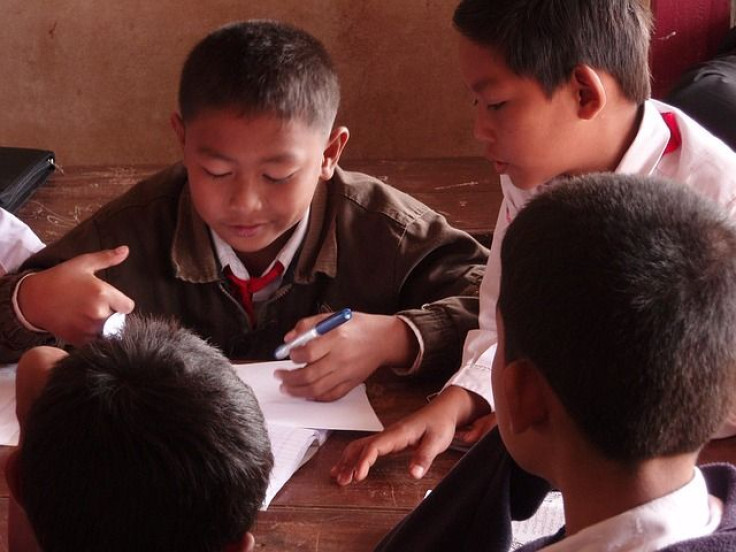Hate Group Work? Collaborating To Learn Information May Be Harmful To Memory

The Internet loves memes, especially about relatable topics like disdain for group work in school. Recently, there has been some good scientific material for these online jokesters.
A new study reveals that collaborating in a group to remember information is harmful. Research led by Dr Craig Thorley and Dr Stéphanie Marion found that groups recall less than they would if the members were working alone. This is the first time research has provided insight into the costs and benefits of collaborative remembering, authors note.
"Collaborative group members develop their own preferred retrieval strategies for recalling information. For example, Person A may prefer to recall information in the order it was learned but Person B may prefer to recall it in the reverse order. Importantly, recall is greatest when people can use their own preferred retrieval strategies,” Thorley explained.
"During collaboration, members hear each other recall information using competing retrieval strategies and their preferred strategies become disrupted. This results in each group member underperforming and the group as a whole suffers. Individuals who work alone can use their preferred retrieval strategies without this disruption so recall more,” the lead researcher added.
In the study, 64 earlier collaborative remembering studies were statistically analyzed. These results suggest that, when recalling together, collaborative inhibition occurs as group members disrupt each other's retrieval strategies. Group learning may help in some cases, however, such as when people come together to remember things they previously learned alone.
"... working in a group means people are re-exposed to things they may have forgotten and this boosts their memory later on. One of the important consequences of this is that it suggests getting people to work together to remember something is beneficial for individual learning,” said Dr Stéphanie Marion.
Source: Thorley C MD, Marion S MD, et al. A Meta-Analytic Review of Collaborative Inhibition and Postcollaborative Memory: Testing the Predictions of the Retrieval Strategy Disruption Hypothesis. Psychological Bulletin. 2016.
Read more:
Women Work Well In Groups Unless There's Competition; Men Are Complete Opposite



























